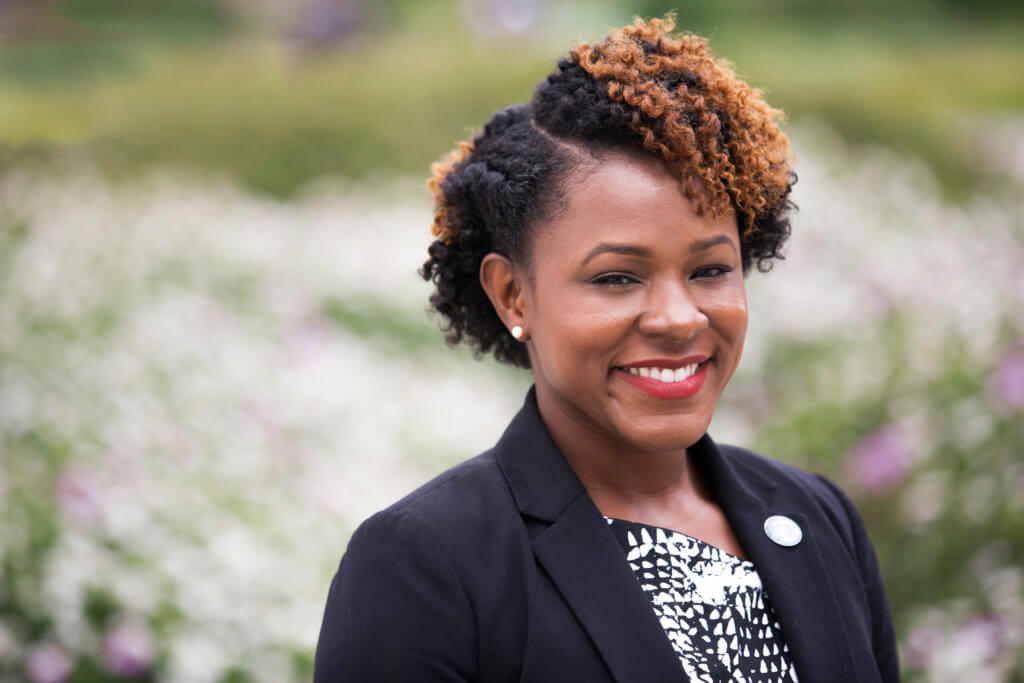My journey to anti-racism has been long, colorful, and of constant revelation.
For many years, I was blind to just how deeply racism is rooted in our society. Throughout my life, I have been subjected to interpersonal acts of racism.
I remember being a teenager, shopping in the grocery store with my mother. There was an elderly white woman shopping nearby. My mother asked me to get an item on the shelf near this woman, and when our paths crossed – out of nowhere – the woman called me a stupid N-word.
I was perplexed and tried to figure out what I had done to her to make her respond to me so violently. I have similar stories, perhaps not as egregious as being called a racial slur, but they are nonetheless hurtful.
Beyond these racially charged experiences in my life, for me, the journey to anti-racism is an awakening to the less visible ways that racism is perpetuated in our institutions — ways that I was oblivious to for most of my life.
It was the way that Black characters were portrayed on television.
It was in the curriculum I was taught in public schools that painted Black Americans and their contributions as something separate from American history.
It was going into my neighborhood stores and not finding basic hair supplies for my coils or foundation that matches my skin tone.

When I consider what it means to be an anti-racist institution, my mind is drawn back to our students. Their cultural backgrounds. Their life experiences. Their hopes and desires for a future that may be better than their past.
Their story is my story.
BOBBIE PORTER
Now, I am undoing decades of programming to redefine what “normal” is and finding extreme value in cultures outside of what is considered the “typical” American life. My journey is on a path to being actively anti-racist.
As a diversity officer who chooses to do this work in public higher education, I believe in what we are doing here at Cal State Fullerton.
When I consider what it means to be an anti-racist institution, my mind is drawn back to our students. Their cultural backgrounds. Their life experiences. Their hopes and desires for a future that may be better than their past.
Their story is my story.
And as an anti-racist institution, we can ensure that their race is not a factor inhibiting their ability to succeed at this university.
That is the opportunity we have as a Hispanic-serving institution with many other racially minoritized students.
At CSUF, we have the chance to do things differently. We can eradicate policies and practices that are inherently racially inequitable.
We can instill in our students the belief that they can achieve more than society believed possible and change the world while doing so. The possibilities for radical social change rest solidly in the hands of our Titans and the next generation.
Bobbie Porter is the assistant vice president, Office of Diversity, Inclusion and Equity Programs. She is hopeful her work as a diversity practitioner will one day make a better world for her sons.